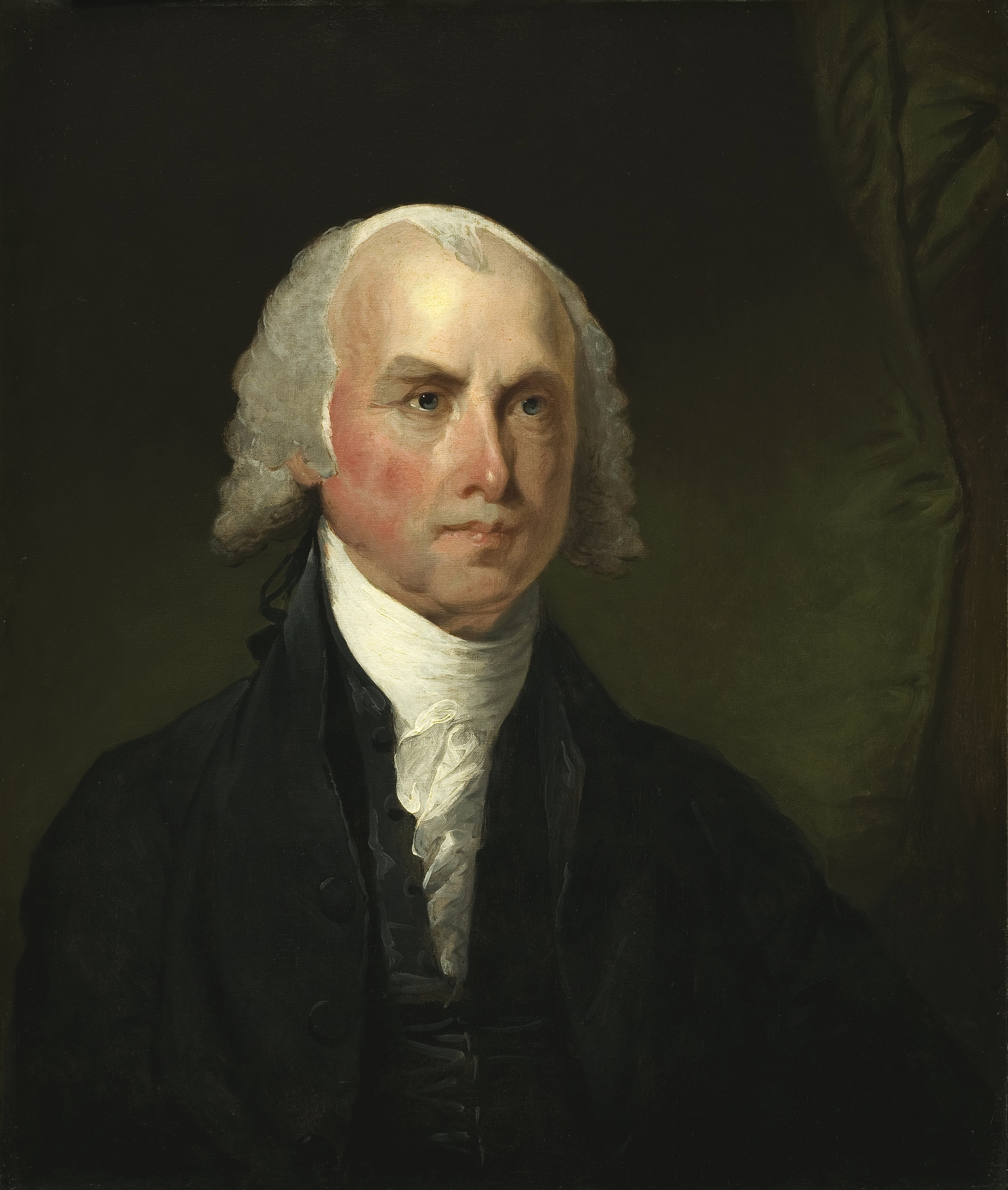Federalist No. 57 on:
[Wikipedia]
[Google]
[Amazon]
 Federalist No. 57 is an essay by
Federalist No. 57 is an essay by
Text of The Federalist No. 57
Federalist 57 Text
1788 in law 57 1788 in the United States 1788 essays {{FederalistPapers-stub
 Federalist No. 57 is an essay by
Federalist No. 57 is an essay by James Madison
James Madison Jr. (March 16, 1751June 28, 1836) was an American statesman, diplomat, and Founding Father. He served as the fourth president of the United States from 1809 to 1817. Madison is hailed as the "Father of the Constitution" for hi ...
, the fifty-seventh of ''The Federalist Papers
''The Federalist Papers'' is a collection of 85 articles and essays written by Alexander Hamilton, James Madison, and John Jay under the collective pseudonym "Publius" to promote the ratification of the Constitution of the United States. The co ...
''. It was published on February 19, 1788, under the pseudonym
A pseudonym (; ) or alias () is a fictitious name that a person or group assumes for a particular purpose, which differs from their original or true name (orthonym). This also differs from a new name that entirely or legally replaces an individua ...
Publius, the name under which all ''The Federalist'' papers were published. It is titled "The Alleged Tendency of the New Plan to Elevate the Few at the Expense of the Many".
The central criticism Madison refutes in the essay is that the House of Representatives will comprise legislators having the "least sympathy with the mass of the people," and that they will be likely to coalesce in the "ambitious sacrifice of the many to the aggrandizement of the few."
Reassuring the reader first of the general properties of republics which prevent tyranny, namely elections and term limits for people in a public trust
The concept of public trust relates back to the origins of democratic government and its seminal idea that within the public lies the true power and future of a society; therefore, whatever ''trust'' citizens place in its officials must be respect ...
, he moves more specifically to the safeguards present in the United States Constitution for that purpose. Drawing on the meritocratic benefits of the popular mode of election for representatives in the House, Madison guarantees the election of "men who possess most wisdom to discern, and ... pursue, the common good of the society."
So long as the representatives are elected by the "free suffrages of their fellow-citizens," Madison stipulates, there are five reasons they will remain faithful to their constituents: first, the people chose these distinguished men to uphold their engagements, so the representatives have an obligation to stand by their words.
Second, the representatives sense a mark of honor and gratitude feel at least the tiniest affection to these constituents.
Third, selfish motives of the human nature bind the representative to his constituents because the delegates hope to seek advancement from his followers rather than the government.
Fourth, frequent elections remind the representatives that they are dependent on the constituents for their loyalty and support. Therefore, the representatives are compelled to remain faithful to their constituents.
Finally, the laws created by the legislators will apply to all members of society, including all the legislators themselves.
Lastly, Madison addresses the criticism that departing from the limited number of a few hundred electors in the present state constitutions to thousands of electors in a federal system is bound to elect untrustworthy representatives.
To the contrary, Madison reasons, hearkening back to Federalist No. 10
Federalist No. 10 is an essay written by James Madison as the tenth of ''The Federalist Papers'', a series of essays initiated by Alexander Hamilton arguing for the ratification of the United States Constitution. Published on November 22, 1787 ...
, a greater number of electors is more likely to elect a "fit representative" than a small one.
Moreover, he questions the practicality of a small pool of electors logistically, and ends citing examples in contemporary state constitutions of large bodies of voters which nevertheless elect fit representatives. For example, the mode of senatorial election in New Hampshire, whose "districts . . . are nearly as large as will be necessary for her representatives in the Congress," and those of Massachusettes, whose districts are even larger than those which the new Constitution would demand.
External links
Text of The Federalist No. 57
congress.gov
Congress.gov is the online database of United States Congress legislative information. Congress.gov is a joint project of the Library of Congress, the House, the Senate and the Government Publishing Office.
Congress.gov was in beta in 2012, and b ...
Federalist 57 Text
1788 in law 57 1788 in the United States 1788 essays {{FederalistPapers-stub